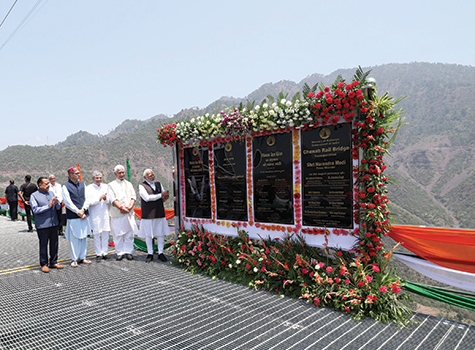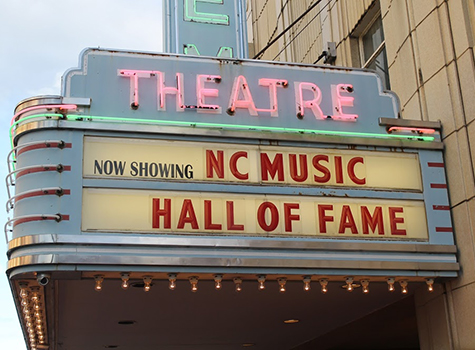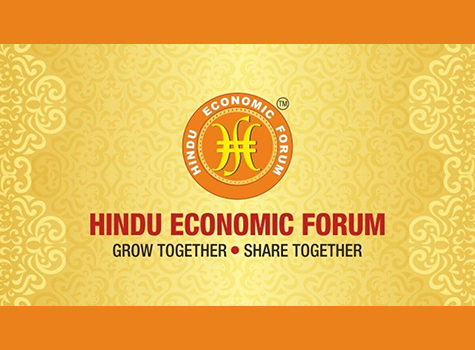
“Confirm safety. Jillani. Bangkok,” read this telegram stuck to my apartment door on a winter evening in 1980. I still had no phone my fifth month in America. I would go to the nearest Burger King where there was an enclosed Southern Bell booth, and make a collect call to my parents in Asia. For two weeks, I hadn’t checked in.
About five years out, I was within a couple of semesters of finishing grad school and decided to take on quite a task – a novel. At the college newspaper, which I had been managing for over four years then, we had boxes of folded, continuous light yellow paper that we fed into IBM Selectric typewriters. All news reporting and editing took place on that paper, which we simply tore off the roll as needed. I hijacked a box, put it under my desk, and that was the novel I wrote most evenings for a semester. The professor rejected the continuous sheet format, in addition to the fact that I submitted it a day late.
Over the years I ran into it here and there during the myriad moves and the hundreds of relationships that kept whittling my worldly possessions down to nothing but jeans and shirts. In 2008, I saw it again, soaked and bug infested, packed roughly with magazines, poetry, and a few photos from bygone days. I sat next to the box on a warm summer evening and drank a beer; then threw it all in the trash can and went inside.
It was a good novel for someone 25. It talked frankly about the strangeness of the expat experience—and the changing world of the 1980s. My mother more than once had commented on the phone and during my infrequent visits home to Pakistan that I was just slumming it in America. She wanted me to have money, she wanted me to smile more, she wanted women of quality in my life—like the Desi kind she would have found me if I had returned home like normal people.
I wasn’t normal. I went from editing newspapers to operating typesetting, photo-developing, and print machinery. When I wasn’t doing that, I was constantly working on my Italian sports car. The computer age was starting to creep up on the world by 1990. I dropped seamlessly from changing car clutches to rotating opened up failed hard drives by hand to retrieve data onto floppy disks. For decades, the computer age made sense to me. It seemed like the new mechanics of this era. I mastered networking, starting with Novell coaxial networks, set up servers during freelance hours, got into politics and started Photoshopping unflattering pics of opposition candidates for MySpace, where I set up some of the earliest social media accounts for politicians.
I thought all this technology would be heading somewhere. It didn’t. About 15 years ago, Charlotte had a major ice storm and we lost power for 10 days in the brutal cold. Within one day, the family and I changed tracks completely, had soup on the charcoal grill and a steady fire in the fireplace. The world did not collapse. Things just got simpler and more pleasant.
Looking back at the 80,000 words I had written on a typewriter over three decades ago, I can only laugh. Shakespeare may have written 20 million words with a quill and an inkwell. I was in 1985 in a high-tech world comparatively, just like I am sitting on my laptop today talking about an IBM Selectric. Today, I can only snicker at the new generation whose first question upon entering your house is what your Wi-Fi password is. Without exaggeration, since I purchased one of the first cell phones in this region in 1995, I have had about zero reason to ever absolutely require it. Before cell phones, every shopping center and convenience store had a pay phone. If you were ever stuck on the highway, people then stopped and helped, and if you had a CB radio, truckers could probably send the national guard to assist if you needed it. No, we were not crippled.
And no, the world was not collapsing because your boss or your client couldn’t talk to you right then and there while you were stuck in traffic. Things got done just fine, and on schedule, back then too. There is about zero relevance in getting your Amazon pasta strainer delivered rush via UPS, or a politician wanting a fundraising letter out in two hours. You learn to prepare and plan, if greed and money are not the only gods you now worship.
Yes, I can go to work, use a typewriter and send a hardcopy of this article in the mail. Someone like me (and other old timey typists), who can type 120 words a minute, can key this in faster than most modern techno types can fire up their latte machines, pop their nerve pills, and roll up the yoga mats. And this goes on and on. I can drive to the bank. I can bring farm produce to the market in a horse carriage and ride the carriage to the bank. I’m not on Jeff Bezos’s hamster wheel, or flying on two wheels to deliver Uber Eats, but things really, really, got done before iPhones and iPads. I swear.
I can assure and reassure the younger generation that if all technology ceases tomorrow, they can fall back on this unique experience—being human. We are extremely resilient. Save the Kids, Save the Whales, Save the Dogs, the ACLU, the NAACP, PETA, UNICEF, they all existed way before the iPhone or Facebook. Literature existed, great art existed, porn existed, encyclopedias existed way before search engines.
There’s just this slight difference: people interacted directly then, and through that you build relationships, a culture, a society; you learn about norms not from Big Media or Fortune 100 agendas but from people around you—the people who are your community. You see, there’s a difference between a meme and a conversation or a piece of writing. Witty as some memes are, they are not intellectually complex like writing or verbal engagement.
You don’t grow looking at a thousand memes. You just stay where you are. Humans grow through engaging thought and dialogue. The infinite possibilities in language make you more complex and vibrant. We are not the Zuckerberg clan. We are the human race. We can go back to being social animals, not binary code.
———-
Ahsen Jillani a former editor and publisher, is originally from Islamabad, Pakistan, and now lives in Mint Hill. He owns Must Media, a PR company focusing on both political and corporate clients.
Posted: Monday, May 13, 2019



